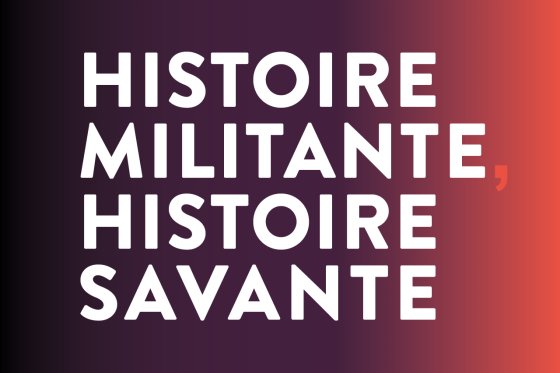Study day organized by Patrick Boucheron, History of Powers in Western Europe, 13th to 16th century chair, and Antoine Lilti, History of the Enlightenment, 18th to 21st century chair.
Presentation
This half-day of discussions and reflections aims to question the opposition, which has become commonplace, between two forms of history. The first is said to be committed, subjective and militant ; the second, neutral, objective and scholarly. Yet we all know that historians' commitments are multi-faceted and do not necessarily detract from the scientific ambitions of their work, while strict objectivity is an illusion that a minimum of epistemological reflexivity conceals. We therefore need to reflect collectively on all forms of crossover, interaction and exchange. How can the scholarly work of researchers nourish their commitment (political, social, moral...) ? How can an activist history, sometimes produced on the bangs of the academic world, make a decisive contribution to the progress of research, by imposing new objects, new sources and new approaches ? But questioning is not the same as abolishing. We'll be careful not to blur the distinction between a scholarly history and a militant one. We will also try to understand how the vigour of commitment and the rigour of science can, at times, come into conflict.
Speakers :
- Ludivine Bantigny
- Malika Rahal
- Guillaume Cuchet
- Marion Fontaine
- Guillaume Mazeau
- Delphine Diaz.

